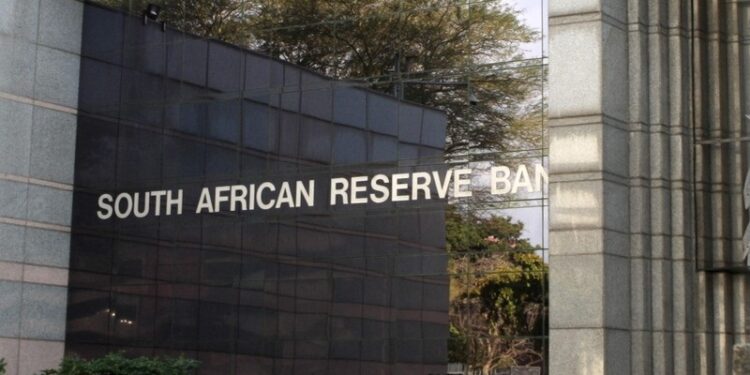By Redge Nkosi
The controversy surrounding rand manipulation and the subsequent acknowledgment of collusion by certain local and foreign banks has understandably generated significant attention. South Africa is entitled to a clear explanation on this issue. While debates have focused on the fairness of fines and potential penalties, the more profound policy-related questions have been overlooked or disregarded.
Banking is considered a public good, and the state is responsible for ensuring that this public good benefits all citizens without prejudice, including currency manipulation that could lead to macroeconomic imbalances. The South African Reserve Bank (SARB) is tasked with protecting the value of the rand, and it is crucial that private institutions, licensed by the state to provide banking services, do not engage in practices inconsistent with the public good.
The power of banks, derived from their public backing through licensing, raises the fundamental question of why the state allows banks to use their privileged positions for activities such as currency manipulation, where rewards are privatized, and losses are socialized across the economy. Despite the significance of banking as a public good, there is a lack of understanding among economists, particularly those trained in neo-classical economics.
The silence of the Treasury and the SARB raises questions about how current macroeconomic policies serve the country and its development. The currency manipulation that surfaced in 2001 should have prompted policy changes, especially concerning onshore and offshore foreign exchange markets, capital account liberalization, and the liberalization of capital markets.
The notion that the country needs savings for investment and growth has led to the opening of the capital account to attract hot money. Currency manipulation, particularly in foreign exchange markets, is rooted in this belief. The SARB’s silence on currency manipulation and its reluctance to address policy deficiencies indicate a need for a reevaluation of existing policies and a more vigilant approach to monitoring foreign exchange markets.
The SARB’s claim that offshore foreign exchange markets are hard to monitor should not be an excuse. Options include pulling out of these markets or encouraging domestic firms to play a greater role in offshore markets to enhance surveillance capabilities. The SARB’s cooperation with the Department of Trade and Industry’s Competition Commission should not lead to delays in resolving the case, and the Treasury should provide clarity on actions taken to protect the rand since 2001.
Amid the current currency manipulation scandal, there is an opportunity to overhaul South Africa’s financial system and address deficiencies in macroeconomic policies imposed by foreign institutions. The nationalization of money and the SARB could be a starting point for a systemic overhaul, challenging financial globalization. Claims about the costs of nationalizing the SARB are seen as reflecting neo-colonial interests, and the country awaits a briefing from the SARB and the Treasury on the matter.

















